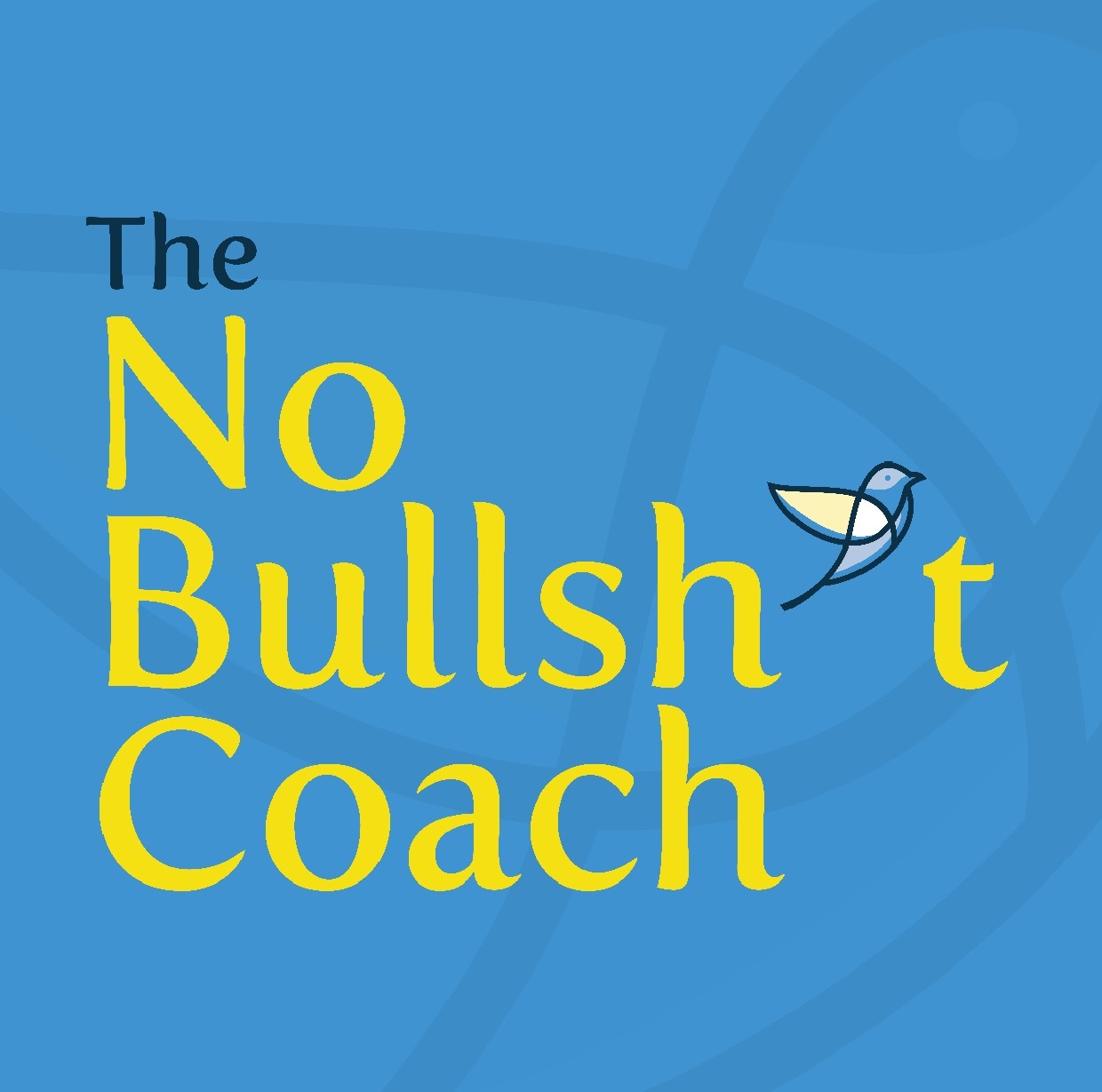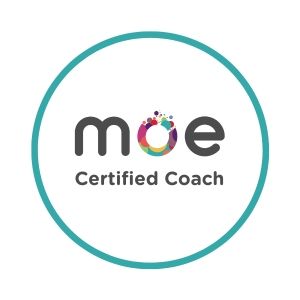Your basket is currently empty!
Social Media and Belonging

I touched last time on feelings around belonging and how we often fear being an outsider. This is a normal human fear with roots in survival, but in the age of social media it presents its challenges.
Our brains cannot distinguish between things that happen to us in real life and things we see on TV/social media. They also cannot distinguish between members of our genuine inner circle, and people we see a lot of on Facebook and Twitter. This is why we need to be very careful about what we watch and whom we follow. Watch too many hospital dramas and you will start believing that every symptom is an impending disaster. Watch too many crime documentaries and you will see danger around every corner. Watch the news and your unconscious mind will worry that wild fires, tornadoes and hurricanes are likely to happen on your street, even if you live in the middle of Wigan. It is just how our brains are wired – they are not up to speed with modern life.
When it comes to social media, this problem can lead to a lot of anxiety. We naturally want to feel a sense of “belonging” with our inner circle of family and friends, and this presents its own challenges that we have to navigate as we move through our lives. At least with those people though we usually have a chance to communicate effectively, set boundaries and talk things out, even if it doesn’t always go smoothly. On social media it is an entirely different matter.
The people you follow on Instagram, Facebook, Twitter, LinkedIn, the people you see in your feed all of the time, your brain thinks that those people are part of your inner circle. When they are posting things that you agree with, which chime with your values or which validate your feelings, all is happy and well. Your brain is content that you belong, and social media is a comfortable place.
Enter a big event though, a pandemic for instance, political upheaval or controversial situation, and everyone throws their thoughts at social media. As ever, these thoughts are usually built from fear rather than empathy, and as it is social media they are not moderated by consideration for the people listening or reading. We chuck our “stuff” at social media with the assumption that some people will “like” it and that is all we consider.
So there you are, following people in your industry or from a TV show you watched or because you met them at a networking event, and suddenly they are pontificating about political issues, how we should be approaching public health or the “correct” way to think about something you’ve seen in the news. Ten to one these opinions do not chime with your own, because these people are not actually your close friends, so your feed becomes clogged with noise that makes you feel as though you don’t belong.
The sensible move would be to pull away from social media for a while, and we all know that’s what we “should” do. It is not so simple as that though, because the fear of not belonging is strong. So we scroll and scroll looking for something we agree with, that makes us feel part of the gang again. By the time we find it, we are so wound up we decide to comment emphatically, or share what we have found, drunk with relief at someone feeling the way we do. The result of that? Others in our network see our thoughts and opinions, they now feel as though they don’t belong, and the cycle continues.
A better option, if we can catch ourselves doing this, is to connect with people from our actual inner circle. If they are close friends or loved ones it is likely they will share our values, or if they do not they at least care about us and will treat our views with compassion. Having a genuine conversation with someone, even if they do not agree with us, can be a lot more validating than scrolling through pages of opinions we do not agree with but with which we cannot meaningfully engage.
Social media is fantastic for information sharing, spreading joy, sharing in a moment or staying up to date with current events. It is however absolutely terrible for providing a sense of belonging. I am as guilty of this as anybody else, I often catch myself “scrolling for belonging”. Just before posting this blog, I saw a post from a celebrity I have enjoyed because of his TV show, about a controversial topic nothing to do with his show, and his views were definitely not my own. I couldn’t engage meaningfully with his post so I scrolled for another 20 minutes trying to find something that made me feel like people on social media think like me. Such a futile exercise: for every post I agree with in a 20 minute scroll there will be 10 more that drive me crazy and further convince me that I’m on my own.
We are not on our own. Our inner circle loves us no matter what our beliefs and opinions. Stay connected with them and remind your unconscious mind where it truly belongs. It is great to be connected, just be sure you are mostly connected with the people who are closest to you.
Helen Calvert
Coach and Director of Clear Day
August 2021
Find out here how to work with me 1-2-1.



Leave a Reply